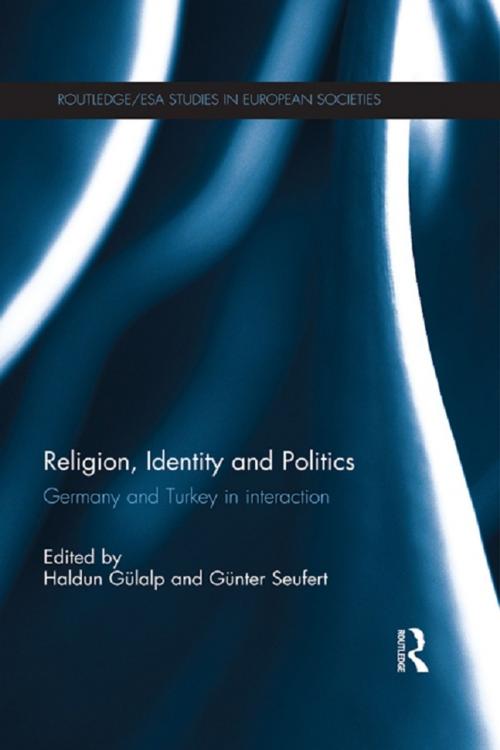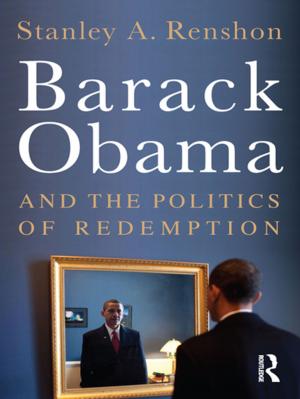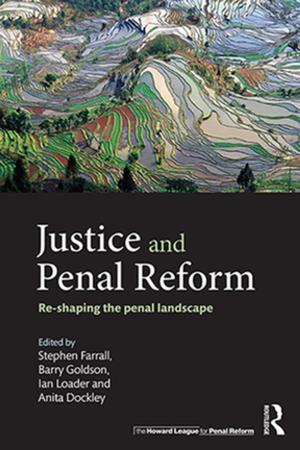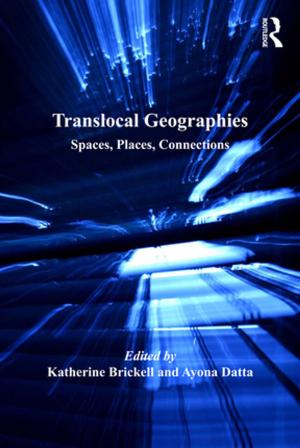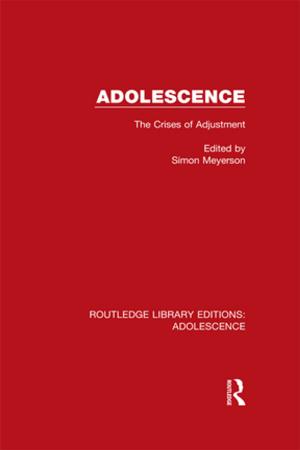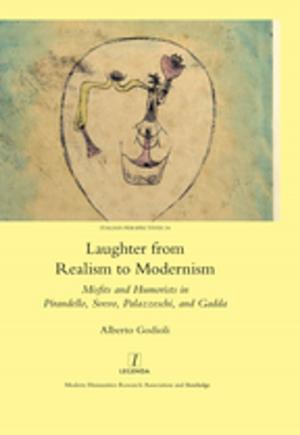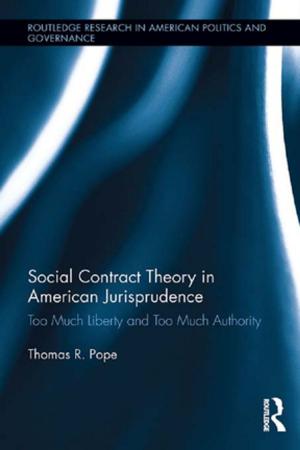Religion, Identity and Politics
Germany and Turkey in Interaction
Nonfiction, Social & Cultural Studies, Social Science, Cultural Studies, Minority Studies, Sociology, Marriage & Family, Religion & Spirituality, Middle East Religions, Islam| Author: | ISBN: | 9781136231667 | |
| Publisher: | Taylor and Francis | Publication: | June 26, 2013 |
| Imprint: | Routledge | Language: | English |
| Author: | |
| ISBN: | 9781136231667 |
| Publisher: | Taylor and Francis |
| Publication: | June 26, 2013 |
| Imprint: | Routledge |
| Language: | English |
German–Turkish relations, which have a long history and generally unrecognized depth, have rarely been examined as mutually formative processes. Isolated instances of influence have been examined in detail, but the historical and still ongoing processes of mutual interaction have rarely been seriously considered. The ruling assumption has been that Germany may have an impact on Turkey, but not the other way around.
Religion, Identity and Politics examines this mutual interaction, specifically with regard to religious identities and institutions. It opposes the commonly held assumption that Europe is the abode of secularism and enlightenment, while the lands of Islam are the realm of backwardness and fundamentalism. Both historically and contemporarily, Germany has treated religion as a core aspect of communal and civilizational identity and framed its institutions accordingly; the book explores how there has been, and continues to be, a mutual exchange in this regard between Germany and both the Ottoman Empire and modern Turkey.
The authors show that the definition of identity and regulation of communities have been explicitly based on religion until the early and since the late twentieth century; the period in between– the age of secular nationalism– which has always been treated as the norm, now appears more clearly as an exception. This book will be of interest to students and scholars of sociology, politics, history and religion.
German–Turkish relations, which have a long history and generally unrecognized depth, have rarely been examined as mutually formative processes. Isolated instances of influence have been examined in detail, but the historical and still ongoing processes of mutual interaction have rarely been seriously considered. The ruling assumption has been that Germany may have an impact on Turkey, but not the other way around.
Religion, Identity and Politics examines this mutual interaction, specifically with regard to religious identities and institutions. It opposes the commonly held assumption that Europe is the abode of secularism and enlightenment, while the lands of Islam are the realm of backwardness and fundamentalism. Both historically and contemporarily, Germany has treated religion as a core aspect of communal and civilizational identity and framed its institutions accordingly; the book explores how there has been, and continues to be, a mutual exchange in this regard between Germany and both the Ottoman Empire and modern Turkey.
The authors show that the definition of identity and regulation of communities have been explicitly based on religion until the early and since the late twentieth century; the period in between– the age of secular nationalism– which has always been treated as the norm, now appears more clearly as an exception. This book will be of interest to students and scholars of sociology, politics, history and religion.
